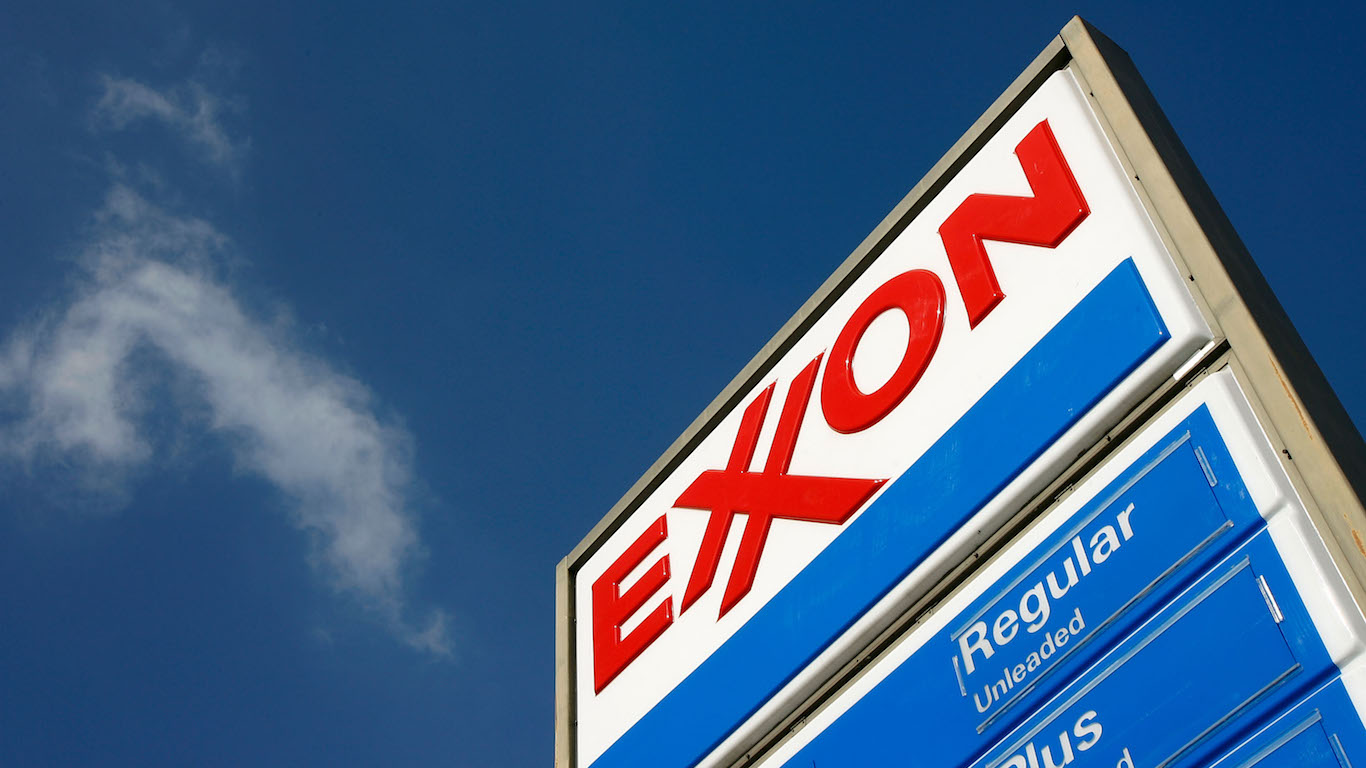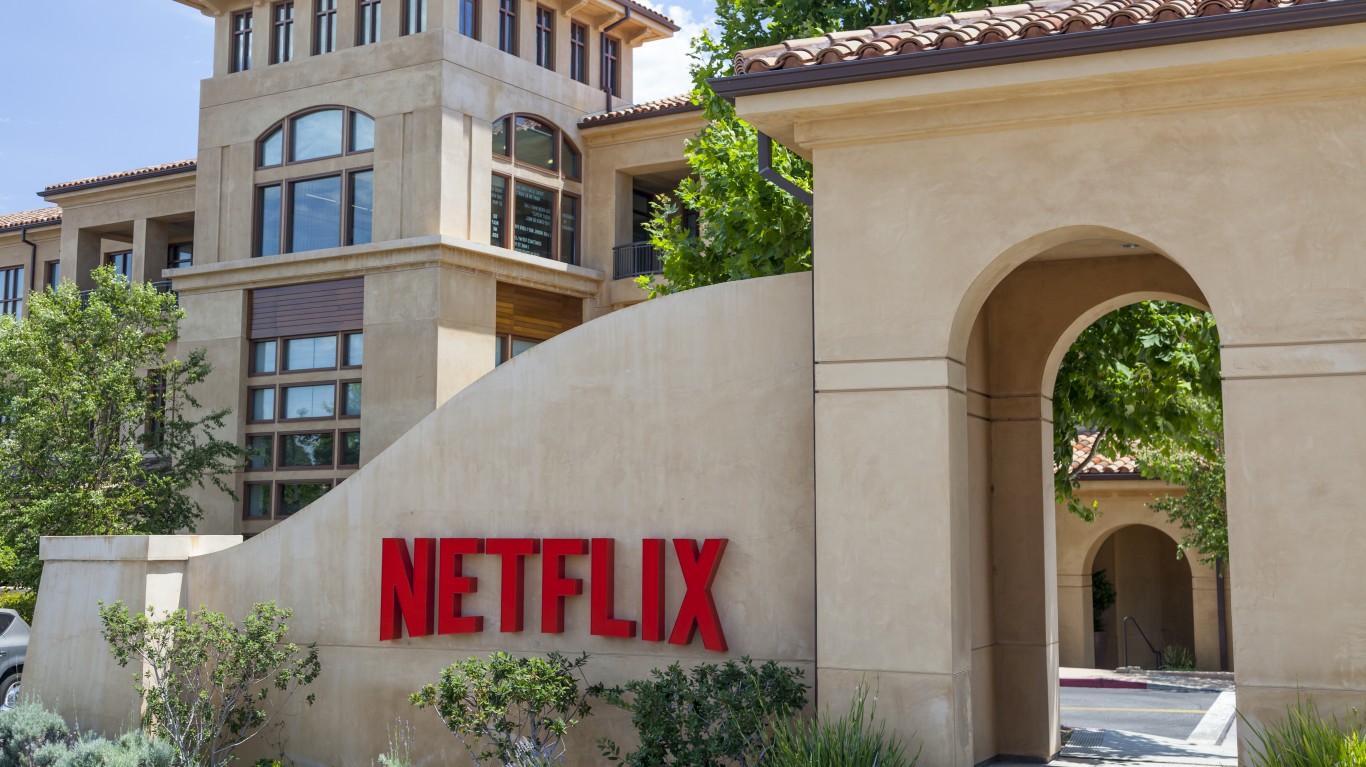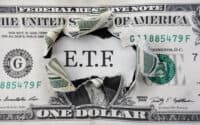
It takes a certain kind of courage to short sell blue chips, such as the Dow Jones industrial average components. Short sellers are betting on these companies to fail, or at least for their share prices to fall handily. Plus, those sellers are responsible for paying the dividends on the stocks they short.
Maybe it is little surprise that only two of the 30 Dow stocks had sizable short interest between March 31 and April 15; that is, more than 50 million shares short. About a third of the index’s components had short interest of more than 25 million shares.
While the sudden bear market and the increased volatility began to look more and more recessionary, stocks did recover somewhat from the panic-selling lows in March. Investors still trying to figure out what to do next may wonder then what the short sellers expected from some of the biggest, most well-respected names on Wall Street. Did they see a bottom to plunging share prices or think that stocks had further to fall?
As of the mid-month settlement date, the most recently reported period, short sellers favored Exxon Mobil Corp. (NYSE: XOM), Microsoft Corp. (NASDAQ: MSFT) and Pfizer Inc. (NYSE: PFE) above all other Dow stocks.
Exxon
> Shares short: around 59.28 million
> Change from prior period: −10.0%
> Percentage of float: 1.4
Short sellers continued to shy away in the most recent period, but the oil supermajor remained the most shorted Dow stock earlier this month. Not that long ago, it had hovered around the number five spot on the list for a bit before floating up to the surface. The average daily volume shrank somewhat, and the days to cover figure was less than two.
Exxon said late in the period that it was raising $9.5 billion in a mixed shelf offering of debt securities. Despite surging about 23% during the period, the share price then retreated and ended those two weeks trading less than 7% higher. The Dow was around 7% higher by mid-April.
After rising about 1% the past week, Exxon Mobil stock closed trading most recently at $43.73 a share. That was in a 52-week range of $80.53 (almost a year ago) to $30.11 (last month). The most recent share price is more than 33% higher since the year-to-date low in March, compared to a more than 21% gain in the S&P 500.
Microsoft
> Shares short: more than 53.31 million
> Change from prior period: −9.3%
> Percentage of float: 0.7
Microsoft clung to the number two spot on the list in the initial half of April, despite retreating handily from the greatest number of shares short since mid-January. Note that the 52-week low of around 37 million shares occurred back in February. It would take these investors a bit more than a day to cover their short bets, as of the middle of this month.
Microsoft was among the few Dow stocks that held up the best during the coronavirus panic sell-off. In April, short sellers watched the shares fall more than 4% but recover and head higher, ending those two weeks up around 9%. The Nasdaq saw a gain of more than 10% during the short interest period, which was better than the performance of the Dow and the S&P 500.
Microsoft stock was last seen trading at $174.55 a share, down from the multiyear high of $190.70 reached in February but well above the 52-week low of $119.01 seen last June. The latest share price is about 27% higher than the low during the pandemic sell-off, while the Nasdaq is up over 23% in that time.
Pfizer
> Shares short: around 44.31 million
> Change from prior period: −4.6%
> Percentage of float: 0.8
As with many of the Dow stocks, short sellers yielded on Pfizer, but it remained in the number three spot on the list. However, this retreat was smaller than the more than 20% decline in short interest in the prior period. At the average daily trading volume on the latest settlement date, it would take investors more than a day to cover their short interest.
Like many others in and out of the sector, the maker of Lipitor, Viagra and Xanax turned its attention to combatting COVID-19. Its shares ended about 10% higher in the first two weeks last month, despite being down more than 2% early in the period. The S&P 500 rose more than 8% during the short interest period.
Pfizer stock closed most recently at $37.38 per share, which is up more than 1% in the past week. The 52-week low of $27.88 was seen last month, and the 52-week high of $44.56 was reached back in July. The shares now trade less than 5% lower than they did at the beginning of the year, but they are up almost 29% from the March low.
And the Rest
Rounding out the top five most shorted Dow stocks on the most recent settlement date were Intel Corp. (NASDAQ: INTC) and Verizon Communications Inc. (NYSE: VZ). While the former saw marginally falling short interest, the telecom had a bit of a bump in the number of its shares short. Intel stock ended the period about 10% higher, and it was seen as a safe haven pick. Verizon’s share price rose about 6%. It acquired a video conferencing firm in the period.
Note on the following list of short interest changes in Dow stocks as of April 15, that among those bucking the shrinking short interest trend were Boeing, Caterpillar, Chevron, Johnson & Johnson, Merck and Walmart, but especially the new Raytheon Technologies (NYSE: RTX), the result of the old Raytheon’s merger with United Technologies, which was completed during the period.
| Dow Stock | Short (millions) | Change | % Float |
|---|---|---|---|
| Exxon | 59.28 | −10.00% | 1.40% |
| Microsoft | 53.31 | −9.28% | 0.71% |
| Pfizer | 46.45 | −4.61% | 0.80% |
| Intel | 41.35 | −2.36% | 0.97% |
| Verizon | 35.16 | 2.35% | 0.85% |
| Apple | 34.64 | −11.32% | 0.79% |
| Cisco | 34.24 | −1.58% | 0.81% |
| Visa | 29.81 | −2.73% | 1.75% |
| JPMorgan | 28.97 | 9.63% | 0.96% |
| Coca-Cola | 27.34 | −4.20% | 0.64 |
| Disney | 25.24 | −0.07% | 1.40% |
| Chevron | 20.06 | 20.67% | 1.07% |
| Merck | 20.61 | 12.85% | 0.82% |
| Raytheon Technologies | 20.08 | 122.49% | 2.32% |
| Johnson & Johnson | 19.07 | 13.58% | 0.72% |
| IBM | 18.55 | 9.80% | 2.09% |
| Procter & Gamble | 18.03 | −10.54% | 0.73% |
| Walmart | 16.92 | 20.35% | 1.22% |
| Boeing | 14.61 | 21.94% | 2.59% |
| Dow | 13.86 | 8.07% | 1.87% |
| Walgreens | 12.35 | 3.28% | 1.69% |
| Nike | 11.79 | −1.38% | 0.98% |
| American Express | 11.19 | 1.36% | 1.39% |
| Home Depot | 10.34 | 6.78% | 0.96% |
| Caterpillar | 10.22 | 12.81% | 1.86% |
| McDonald’s | 8.67 | 13.83% | 1.17% |
| 3M | 7.44 | −8.58% | 1.29% |
| UnitedHealth | 6.96 | −0.87% | 0.84% |
| Goldman Sachs | 5.43 | −0.01% | 1.64% |
| Travelers | 4.37 | −9.54% | 1.73% |
100 Million Americans Are Missing This Crucial Retirement Tool
The thought of burdening your family with a financial disaster is most Americans’ nightmare. However, recent studies show that over 100 million Americans still don’t have proper life insurance in the event they pass away.
Life insurance can bring peace of mind – ensuring your loved ones are safeguarded against unforeseen expenses and debts. With premiums often lower than expected and a variety of plans tailored to different life stages and health conditions, securing a policy is more accessible than ever.
A quick, no-obligation quote can provide valuable insight into what’s available and what might best suit your family’s needs. Life insurance is a simple step you can take today to help secure peace of mind for your loved ones tomorrow.
Click here to learn how to get a quote in just a few minutes.
Thank you for reading! Have some feedback for us?
Contact the 24/7 Wall St. editorial team.



